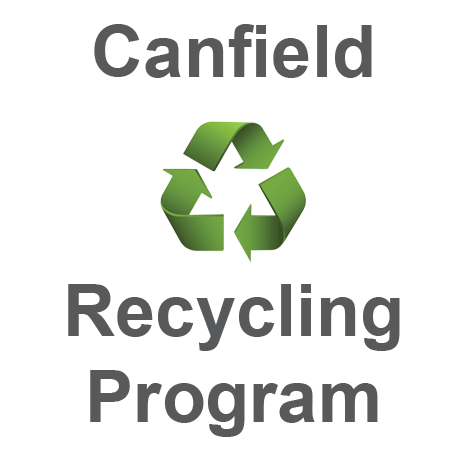Description
CN100C is a low-cost, silver-free solder alloy originally developed and marketed by Nihon Superior as SN100C. It is manufactured using the same chemical composition and exhibits excellent soldering characteristics that are superior to SAC alloys. CN100C is a Tin/Copper/Nickel alloy with a Germanium additive that promotes wetting with reduced dross in wave and hand soldering applications. CN100C is a direct replacement for SN100C and may be used with existing solder baths, equipment, and flux chemistries.
FEATURES
- Low cost, lead-free alloy
- Smooth, bright, well-formed fillets, free of micro-cracks
- Excellent through-hole penetration and topside fillet
- Low dissolution of copper from boards and components into solder pot
- Eutectic alloy melting point of 227°C /441°F
- Does not erode copper from holes, pads, and tracks
- Dross rate equal or lower than tin-lead solder
- Thermal fatigue resistance and creep strength better than tin-lead
- Bridge-free and icicle-free soldering
- ROHS Complaint
FLUX COMPATIBILITY
CN100C is compatible with all no-clean, water-soluble and rosin electronic grade fluxes.
PHYSICAL PROPERTIES
| Melting Temperature | 227°C (441°F) |
| Tensile Strength | 32 MPa (6200 psi)) |
| Thermal Conductivity | 64 W/m-K |
| Electrical Resistivity | 13 μΩ-cm |
| Density @ 20⁰C (68⁰F) | 7.4 g/cm³ |
| Elongation [%] | 48 |
| S.G. | 7.4 |
| Specific Heat [J/Kg. K] | 220 |
| Surface tension mN/M∗ | 542,45 |
TEMPERATURE REQUIREMENTS
| APPLICATION | RECOMMENDED TEMPERATURE |
| Reflow Soldering | Peak Temperature 210°-235°C (410°-455° F) |
| Wave Soldering Pot | Temperature of 265°-280°C (520°-536°F) |
| Hand Soldering Tip | Temperature of 370°-425°C (700°-800°F) |
AVAILABILITY
CN100C is available in bar, solid and cored wire, foil, spheres, preforms, ingot and anodes. Core wire fluxes include no clean, water soluble and rosin fluxes in diameters from .006 to .125 and flux percentages from 0.5% to 3.6%.
STORAGE AND SHELF LIFE
When stored properly CN100C in solid wire and bar have an indefinite shelf life. CN100C in core wire has a two-year shelf life. Surface oxidation is cosmetic and will not impede product performance.




